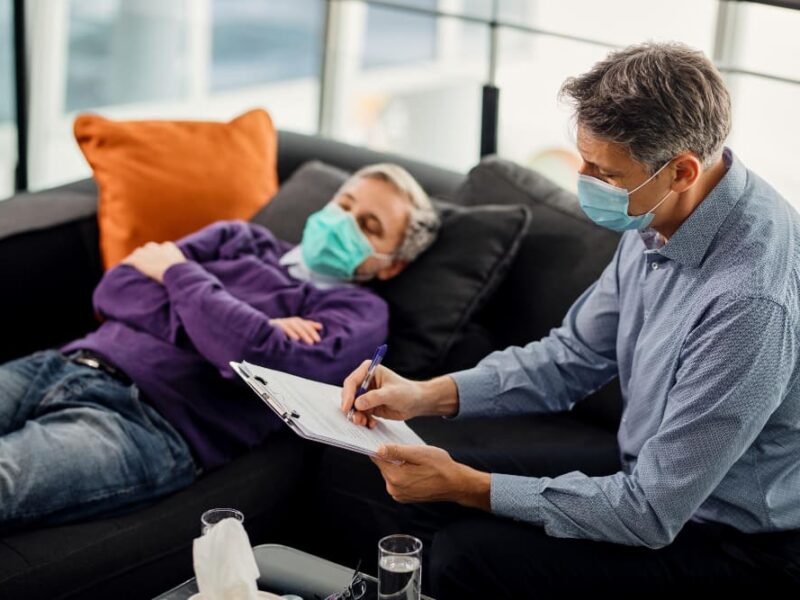
-
-
Nitazene – The New Synthetic Opioid You Should Know About
Wernicke-Korsakoff syndrome is a brain and memory disorder that can be caused by excessive alcohol use. Learn about its causes, symptoms, treatment options, and outlook....
In-Home Detox Uncategorized -
Benefits of In-Home Alcohol Detox: Privacy, Comfort, and Personalized Care at Your Doorstep
Wernicke-Korsakoff syndrome is a brain and memory disorder that can be caused by excessive alcohol use. Learn about its causes, symptoms, treatment options, and outlook....
Alcohol In-Home Detox Rehabilitation
Elite Home Detox Experts

Dr. Abe Malkin, MD

Dr. Abe Malkin, MD









